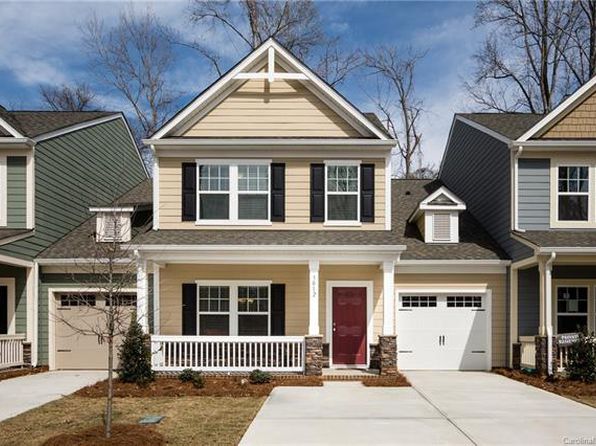If you’re considering investing in real estate in North Carolina, or already have a rental property or an investment property you would like to get financing for, understanding the intricacies of this financing is crucial. One financing option you might encounter is the Debt Service Coverage Ratio (DSCR) loan. This article aims to provide a comprehensive overview of DSCR loans, focusing on what they are, how they work, and their benefits for investment properties in North Carolina.
What is a DSCR Loan?
A DSCR loan, also known as a Debt Service Coverage Ratio loan, is a type of commercial loan primarily used for investment properties. The DSCR measures a property’s ability to cover its debt payments by comparing its net operating income (NOI) to its debt obligations. In essence, it determines whether the property generates enough income to cover its mortgage payments.
Understanding the DSCR Ratio
The DSCR ratio is calculated by dividing a property’s net operating income (NOI) by its total debt service (mortgage payments). The formula is as follows:
DSCR= Total Debt Service (The sum of all debt-related payments, including principal, interest, taxes, and insurance, that a borrower must pay within a specified period) / Net Operating Income (The total revenue generated from a property’s operations minus operating expenses, excluding mortgage payments and income taxes).
A DSCR ratio of 1 or higher indicates that the property generates enough income to cover its debt obligations. Lenders typically prefer DSCR ratios above 1.25 to ensure a sufficient cushion for unexpected expenses or fluctuations in income.
How DSCR Loans Work
When applying for a DSCR loan in North Carolina, lenders will assess the property’s income-generating potential and financial stability. They’ll scrutinize factors such as rental income, operating expenses, vacancy rates, and the property’s location and condition.
Lenders may also evaluate the borrower’s creditworthiness, financial history, and experience in managing investment properties. While DSCR loans are commonly used for commercial real estate, they can also be used for multifamily residential properties, hotels, and other income-producing assets.
Benefits of DSCR Loans for Investment Properties
1. Higher Loan Amounts:
DSCR loans often allow investors to qualify for larger loan amounts compared to traditional residential mortgages. This can enable investors to purchase larger properties or acquire multiple properties for their portfolio.
2. Flexibility in Property Types:
DSCR loans are versatile and can be used for various types of investment properties, including multifamily residences, retail spaces, office buildings, and industrial properties. This flexibility provides investors with opportunities to diversify their portfolio.
3. Long-Term Financing:
DSCR loans typically offer longer repayment terms compared to conventional loans, with loan durations ranging from 5 to 30 years. This extended repayment period can help investors manage cash flow and achieve greater stability in their investment ventures.
4. Potential for Higher Returns:
By leveraging financing through DSCR loans, investors can amplify their returns on investment. With a smaller initial cash outlay, investors can potentially achieve higher cash-on-cash returns and enhance their overall profitability.
Conclusion
For real estate investors in North Carolina, understanding the basics of DSCR loans is essential for financing investment properties successfully. By evaluating the property’s income potential and maintaining a healthy DSCR ratio, investors can secure financing that aligns with their investment goals. With its flexibility, long-term benefits, and potential for higher returns, a DSCR loan can be a valuable tool for building and expanding a real estate portfolio in North Carolina.
Are you a lender who wants a free or premium listing on LendDing? Get started today!
Or Contact Us if you have a loan inquiry or question.
Choose Your State
AL | AK | AZ | AR| CA | CO | CT | DE| FL | GA | HI | ID | IL | IN | IA | KS| KY | LA | ME | MD | MA | MI| MN| MS | MO | MT | NE | NV | NH | NJ | NM | NY | NC | ND | OH | OK | OR | PA | RI | SC | SD | TN | TX | UT | VT | VA | WA | WV | WI | WY






